
- Category: Business
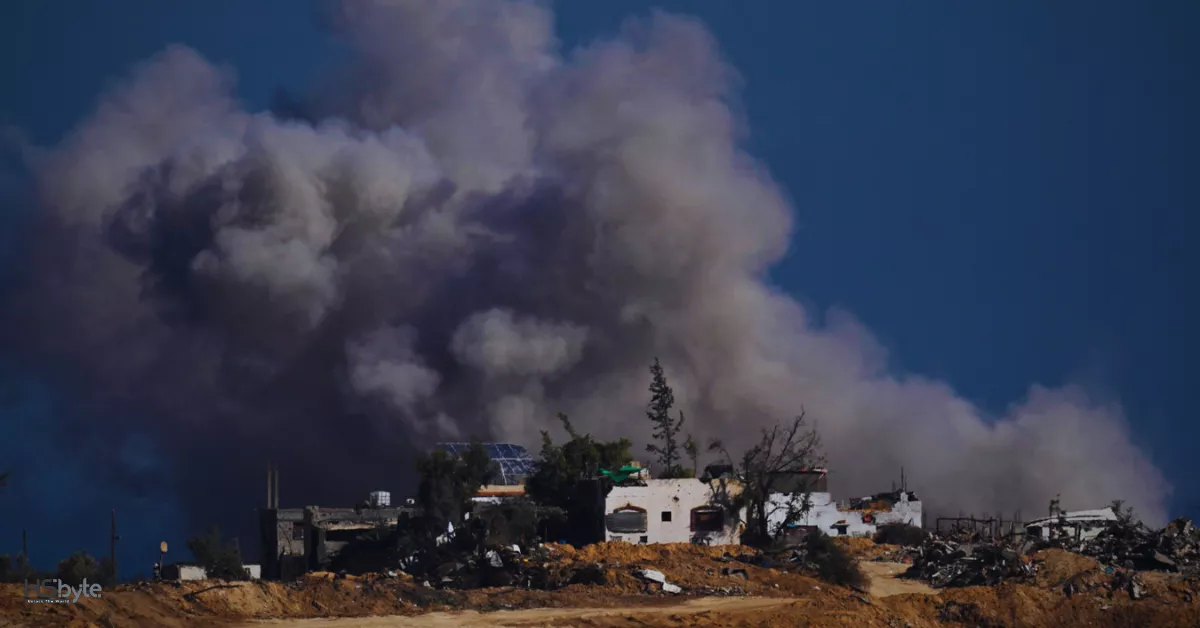
- Share
Israeli Prime Minister Benjamin Netanyahu has ordered the military to continue its aggressive strikes on Hezbollah with “full force,” even as international calls for a ceasefire grow louder. Despite pressure from allies like the United States, Israel has escalated its attacks on Lebanon, leading to fears of a broader conflict.
Lebanon’s health ministry reported that Israeli airstrikes on Thursday claimed the lives of at least 92 people, part of hundreds killed since the attacks increased on Monday. Among the victims was Mohammad Surur, the head of Hezbollah’s drone unit, killed in a strike on an apartment building in southern Beirut.
Tensions between Israel and Hezbollah have sharply risen, with Israeli strikes on southern Lebanon and the Bekaa Valley intensifying. The Israeli military has also targeted key infrastructure near the Lebanese-Syrian border in a bid to disrupt weapons supplies to Hezbollah.
Hezbollah responded by launching 50 rockets toward the Kiryat Ata settlement and 80 missiles toward the city of Safed in northern Israel. Meanwhile, Israeli military officials warned that airstrikes could pave the way for a ground offensive in Lebanon, with preparations for such an operation reportedly underway.
Prime Minister Netanyahu, arriving in New York for the UN General Assembly, reaffirmed Israel’s stance, stating that military actions in Lebanon would continue until the country’s goals are met. Chief among these, he said, is securing the safe return of residents in northern Israel, displaced due to the ongoing conflict.
Despite initial openness to ceasefire discussions, the Israeli government rejected a ceasefire proposal by Thursday, reaffirming its commitment to achieving military objectives. The White House later clarified that the ceasefire idea had been discussed with Israeli officials, although Netanyahu insisted the fighting would not stop.
Since hostilities between Israel and Hezbollah began nearly a year ago, sparked by the broader Gaza conflict, around 70,000 Israelis have been displaced from the country’s north. In Lebanon, the number of displaced people continues to grow, with over 90,000 fleeing their homes since Monday, adding to the 110,000 previously displaced, according to UN figures.
Israeli Defense Forces (IDF) strikes on Thursday continued across Lebanon, with military officials hinting at the possibility of Israeli troops entering Lebanese territory. Israeli Air Force Commander Maj Gen Tomer Bar said troops should be prepared to support any ground maneuvers that may be ordered.
International reactions have been mixed, with some nations pushing for de-escalation. Qatar condemned the strikes, comparing the devastation in Lebanon to the earlier bombings in Gaza. US Defense Secretary Lloyd Austin, following talks in London, warned that the situation could lead to “an all-out war” between Israel and Hezbollah. He added, however, that diplomacy remains a viable solution.
In a financial boost to its military efforts, Israel secured an $8.7 billion aid package from the United States. The funding includes $3.5 billion for immediate wartime needs and an additional $5.2 billion to support air defense systems like Iron Dome and David’s Sling.
As the conflict escalates, the future remains uncertain for those caught in the middle. While international efforts for a ceasefire continue, Israel appears determined to push forward with its military campaign, with the potential for further escalation looming large.
You May Also Like


Israeli Hostage Couple Reunited After 738 Days
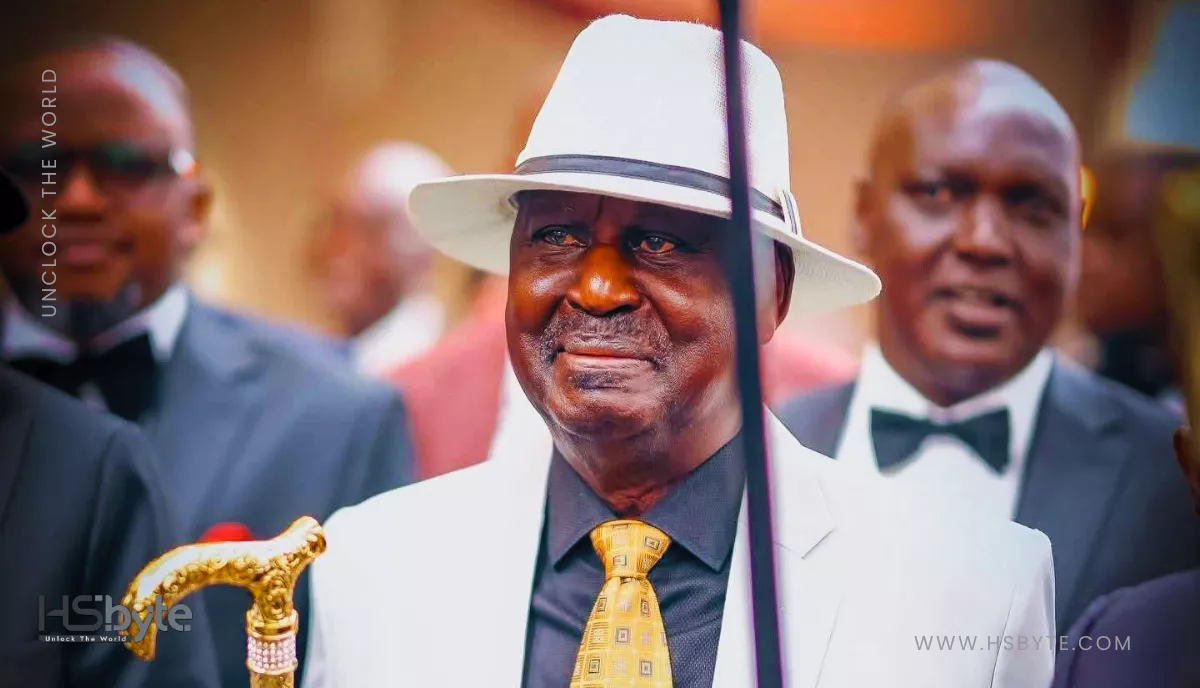
Raila Odinga Dies at 80: Kenya Mourns Political Giant

Trump Demands Hamas Disarm Amid Brutal Gaza Crackdown
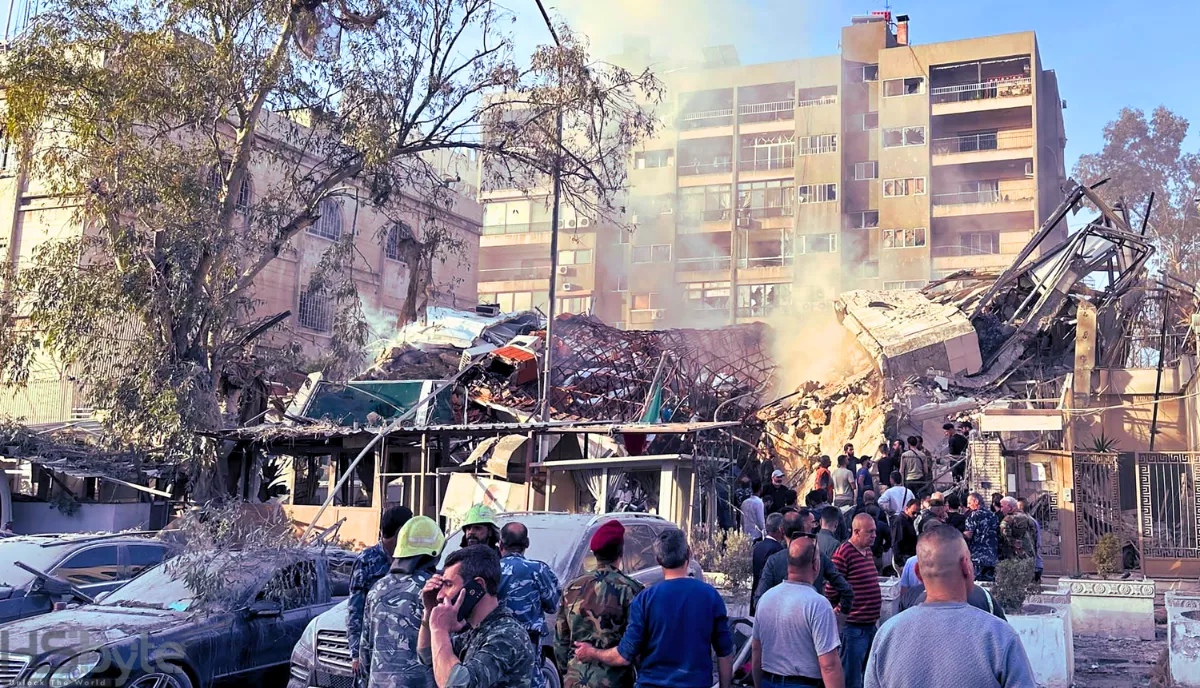
Israeli Strikes on Iran Heighten Tensions
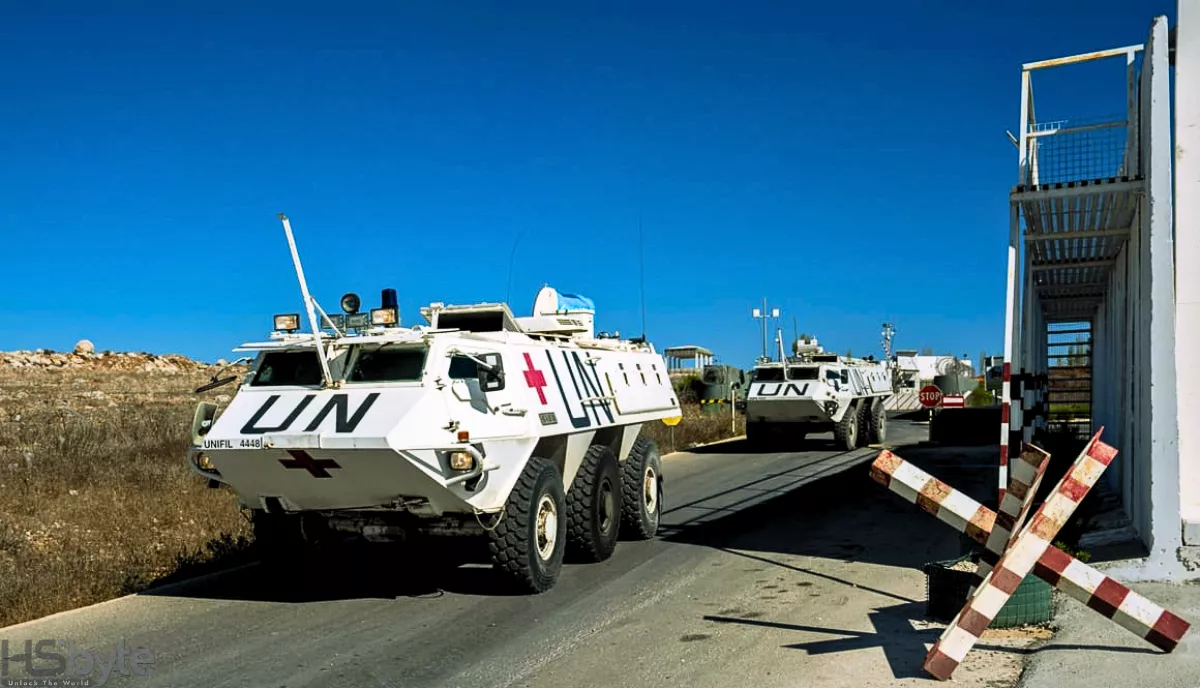
UNIFIL Post Breached: Israeli Tanks Escalate Tensions
Latest Update
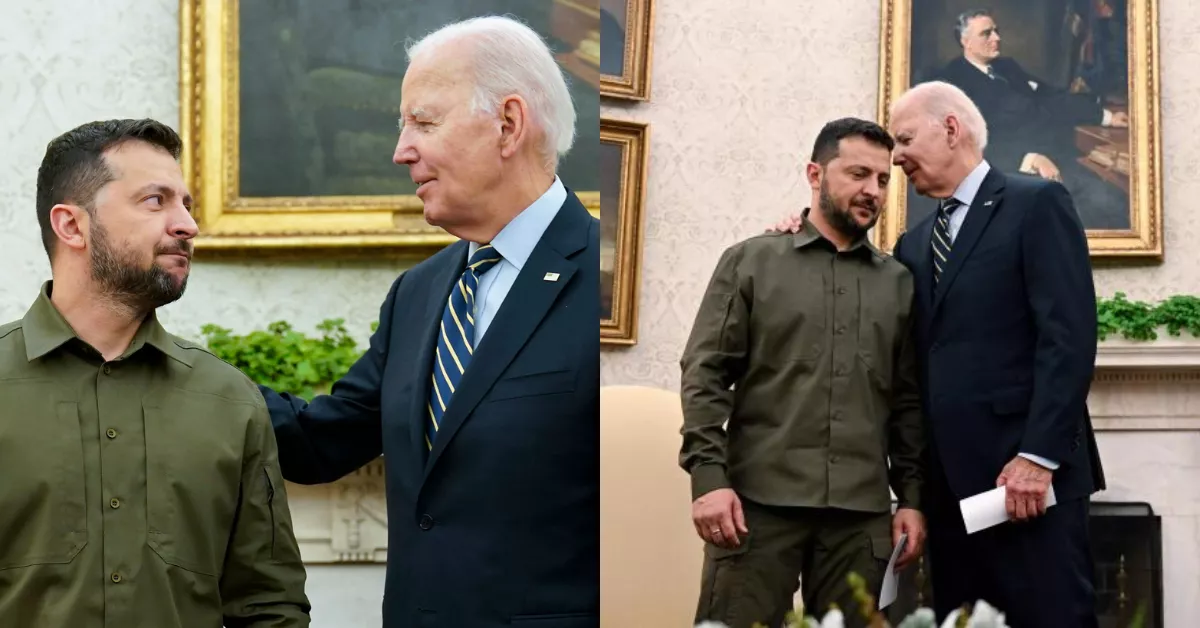
Zelensky Biden Meeting Ignites Republican Outrage Amid Aid Talks

Wuthering Heights Film Casting: Controversy Sparks Debate

Will the US Presidential Election Shape the Future of Crypto?

War with Russia: Zelensky Sees Hope for Peace

Unpacking the ‘Dark Arts’ in Manchester City vs Arsenal Showdown

UNIFIL Post Breached: Israeli Tanks Escalate Tensions

Trump Demands Hamas Disarm Amid Brutal Gaza Crackdown

